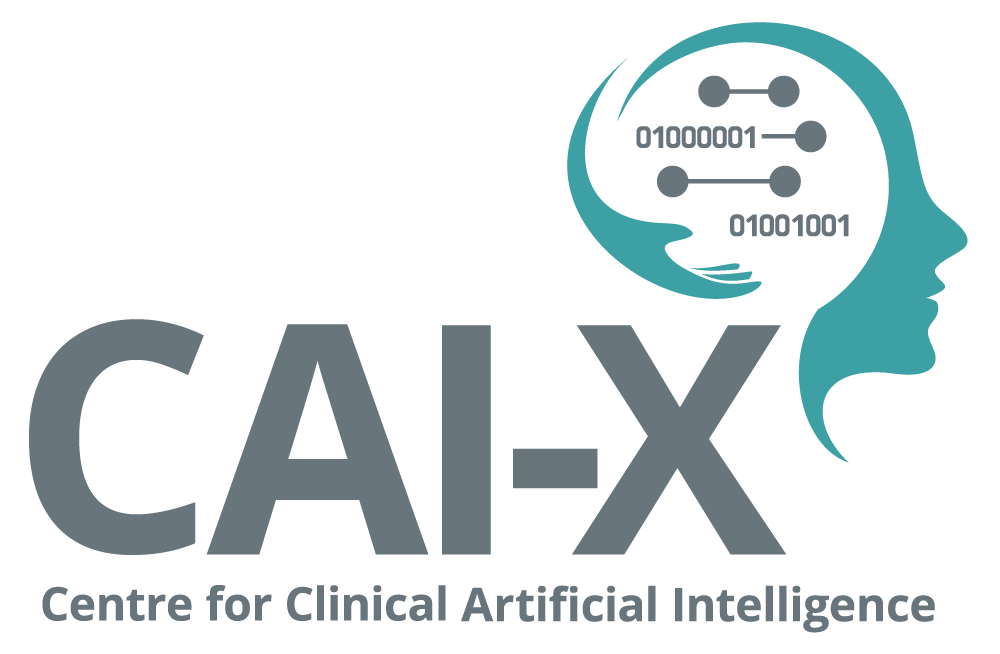Venous thromboembolism risk assessment in hospitalised patients
Hospitalised medical patients are at increased risk of venous thromboembolism, blood clots in the veins.
Project period
Start: 1 March 2022
End: 31 December 2024
Venous thromboembolism is the most common preventable complication during admission. If undiagnosed, the condition can result in disability or death. To prevent thrombosis, clinicians must assess the patient’s thrombosis risk before initiating or discontinuing pharmacologic thromboprophylaxis.
Aim
The aim of the project is to develop artificial intelligence algorithms based on Natural Language Processing to identify previous incidents of venous thromboembolism in the patients’ electronic health records (EHR), and present the necessary clinical information for thrombosis risk assessment.
We will combine the algorithm with a previously established bleeding detection algorithm, and other clinical information required for assessing the risk of thrombosis, to develop a risk assessment tool. The tool will provide decision support for the overall risk assessment required prior to prescribing anticoagulant treatment according to existing guidelines.
The project is a subproject of The Intelligent Health Record, which includes several other subprojects on the use of AI to find information in the electronic health record.
Read more about the project The Intelligent Health Record at ipj.nu (website only available in Danish).
Participants
- Department of Clinical Biochemistry, OUH
- Maersk Mc-Kinney Moller Institute, SDU
Funding
The project is funded by The Danish Heart Foundation.

Pernille Just Vinholt
Physician, Associate Professor
Odense University Hospital, Department of Clinical Biochemistry
(+45) 2964 8694 pernille.vinholt@rsyd.dk
